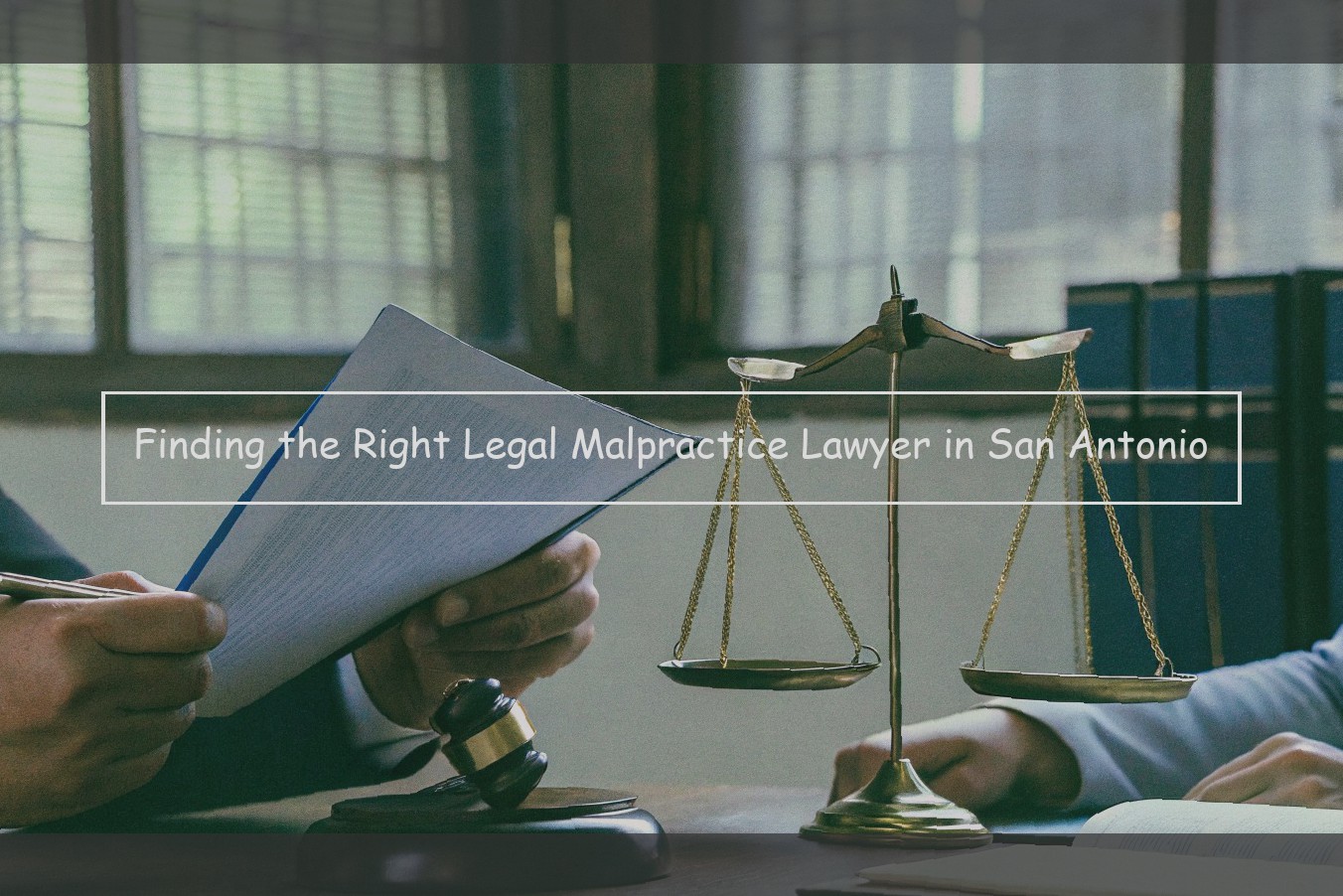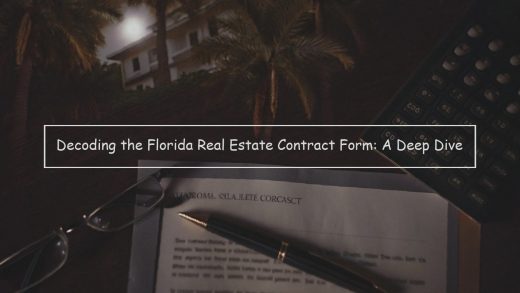What is Legal Malpractice
Legal malpractice is the failure of an attorney, due to negligence or erroneously performed actions, to fulfill appropriately your legal needs. If, for instance, you are not properly represented in a trial due to an attorney’s negligence or failure to prepare adequately, it may constitute legal malpractice. Legal malpractice is often confused with a criminal activity involving attorneys or a civil lawsuit against an attorney. However, these legal malpractice suits are civil, not criminal.
There are numerous areas of law that can fall under legal malpractice . While they are called legal malpractice claims, not all of them have to do with attorneys who failed to protect a client’s rights, but also include attorneys who advised their corporate or business clients on what to do, devoted all of their resources to a case that was not important to the clients, or provided improper business advice that lost money for the companies.
Common areas of legal malpractice include:
As with any other profession there are those attorneys that stray from the norm and provide less than adequate services to clients. Those clients have the right to seek justice.

Why Hire a Specialized Attorney
The professional practice of legal malpractice is a small world. It is so specialized that we often run into colleagues who we played against years before in high school, or who were in college at the same time as us. It is a field small enough to have judges who are legally malpractice experts, and lawyers who have become judges as a result. These finely honed skills are particularly useful for a law suit, since the defendant lawyer will be represented by the state bar and a firm or a partner from a leading firm. They are experts on value, on law, and have years of experience to wield against you.
For the prospective legal malpractice client in San Antonio, these are reasons to look for an attorney with experience in this very small niche field. A competent legal malpractice attorney is able to analyze whether the case is appropriate for a lay juror to decide, or whether it should be decided by an arbitrator or judge. A competent legal malpractice attorney should also be familiar with how judges think, talk and decide cases. These attributes can make all the difference when it comes time to get a resolution to your case.
Traits to Seek in a Legal Malpractice Lawyer
When you are looking for a legal malpractice attorney, there are several qualities, qualifications and experience that should be necessary in order to make a smart choice. First of all, your attorney should have a rating with an organization such as Avvo. These ratings can help you figure out the most qualified lawyers near you. You should look for ratings of 4.5 or higher for the best representation.
Along with this rating, a professional lawyer will have experience in the field you are being represented in. If you have been a victim of legal malpractice, you need someone who has experience with this specific type of case.
A level of compassion is also necessary. You need someone who understands the difficult situation which has occurred and will fight to protect your rights. Someone who cares about your situation is a huge help.
He or she should have extensive mediation and litigation experience. Though the majority of cases settle before going to court, litigation experience is important. Even if your case does not go to that level, it is still wise to know you have a lawyer who is ready to fight in court if necessary. This helps ensure your lifetime and future are protected.
What to Do if You Think You Have a Legal Malpractice Case
If you think you have been a victim of legal malpractice, what should you do? First, make sure that you have a good handle on what you believe occurred. Then collect all of the documents that relate to the case in which you think legal malpractice was committed. For example, retain all attorney-billed records, client notes, fee agreements, court documents, and any other paperwork related to this matter. Even bring up emails, text messages and phone records. It is important to take these steps soon after falling victim to legal malpractice because every state has a time frame for formally filing a legal malpractice claim called the statute of limitations. After this period is over it may be too late to file a claim. The discovery rule for legal malpractice is a legal doctrine that temporarily tolls or "pauses" the statute of limitations until the injured party has enough information to know that a claim has accrued. When the injured plaintiff has enough information to know that a claim has accrued depends on the case.
The next step is to consult with a legal malpractice attorney. A competent legal malpractice attorney will not only evaluate your case, but also help you understand your rights moving forward. If you consult with an attorney about legal malpractice, it is useful to ask if he/she has handled such cases in the past. If yes, ask that attorney how many legal malpractice cases have been handled in the past. Remember that prior experience can show a relative level of trust and indicates proficiency and suitability for your legal needs.
How a Legal Malpractice Lawyer can Help
A legal malpractice attorney can help you investigate your claim and analyze it for its legal viability, as well as the practicalities of pursuing a claim against your former lawyer. Legal Malpractice Attorneys have access to resources and knowledge that allow them to do a thorough inventory of your previous representation. Former legal arguments and heretofore unidentified issues can be brought to the surface when an experienced legal malpractice attorney reviews the case . Very likely, the first conversation with a legal malpractice attorney will be very unsettling because it is likely that you had a high degree of confidence in the professional that malpracticed, and were satisfied with their work initially. It is only in retrospect, that you come to find out that your former lawyer had a serious error of judgment (or knowledge) that had such an effect that you lost your case.
How to Find a Legal Malpractice Lawyer in San Antonio
When searching for a legal malpractice attorney in the San Antonio area, there are several resources available to help you find the right lawyer for your case. First and foremost, personal recommendations can be a valuable tool in finding a trustworthy attorney. Asking friends and family for recommendations or seeking advice on local legal forums can help you compile a list of potential lawyers to consider.
Online reviews and testimonials are another great way to gauge the reputation of a legal malpractice attorney. Websites such as Avvo or Google Reviews can provide insights into past clients’ experiences with a particular attorney and their overall satisfaction with the services provided.
Another resource is the State Bar of Texas Find-A-Lawyer referral service that provides a list of local legal malpractice attorneys in the San Antonio area. This service can connect you with attorneys who have experience handling cases similar to yours.
Consultations are also an important step in the process of finding the right legal malpractice attorney. Many lawyers offer a free initial consultation, during which you can discuss your case and evaluate whether or not you feel comfortable working with that particular attorney.
Overall, it is important to take your time and do thorough research when looking for a legal malpractice attorney in San Antonio. The right lawyer can make all the difference in the outcome of your case, so it is crucial to choose someone who is experienced, trustworthy and finds your case just as important as you do.
Questions to Ask Your San Antonio Attorney
During your initial consultation, you should ask the following questions to your prospective legal malpractice attorney. It is important to remember that this is your opportunity to determine whether the attorney is right for you — if he or she is not forthcoming with the answers, then you should consider finding another attorney. You have no obligation to hire the first attorney that you consult. If you are not getting the answers that you deserve, you can find another attorney that will provide them. Remember that an experienced legal malpractice attorney will be willing to disclose the information you need to make an informed decision.
- Do you specialize solely in legal malpractice cases?
- How long have you been practicing law for legal malpractice?
- Have you handled a case similar to mine before?
- What is your track record of success?
- Have you ever lost a case as the result of legal malpractice yourself?
- Have you been disqualified from practicing law?
- How does the attorney fee structure work (i.e., hourly or contingency)?
- How many legal malpractice cases do you handle at once?
Examples of Legal Malpractice Cases in Texas
In a 2010 case, Earnest v. HSBC Bank USA (B10-043), the Texas Supreme Court heard a case concerning a security deed and after a foreclosure, the mortgagee was sued by the mortgagors who alleged the foreclosure had been wrongful. Importantly, the homeowner was represented by counsel throughout the foreclosure proceedings and the ensuing litigation. However, the mortgagee had engaged the services of two different law firms for the purposes of collecting on the debt. Of primary concern was the suggestion that the second law firm simply relied on the previous firm’s opinion letters regarding the validity of the security deed. The Supreme Court opined that "the mere fact that it relied upon other counsel’s legal opinions is insufficient to relieve [the subsequent firm] of its responsibility to form its own independent professional judgment." The Court ultimately held that the second firm was negligent in relying solely on the first firm’s legal opinions and failed to conduct sufficient research as to the validity of the security deed.
Another prominent case involved Mullin v. Pickering & Haltom, L.L.P. (Dallas Court of Appeals, 2002, No. 05-99-01935-CV), where a couple, the Mullen’s, had contracted to purchase property for their pet grooming business and later discovered that the property was subject to easements , utility, gas, and other rights. Because the property was riddled with issues, the property was essentially worthless. The Mullen’s brought suit alleging that the attorney they had hired to review and advise on the contract, Pickering, had engaged in the unauthorized practice of law due to his failure to file a timely deed and for not advising them to obtain a new survey. Eventually, the Mullen’s prevailed and were awarded damages for the negligence, specifically the actions of their attorney.
A third example of legal malpractice litigation in Texas has stayed alive for over a decade. In fact, Dickson v. D. Pierce, (Dallas Court of Appeals, 2000, No. 05-99-00524-CV) is currently pending judgment by the Supreme Court of Texas. The facts of the case are rather convoluted, however, the crux of the argument is that after being released from prison, the plaintiff sought damages from his previous attorney for "fraudulently misrepresent[ing] to him that a potential cause of action against Texas Department of Criminal Justice existed." The issue became whether or not the statute of limitations expired for the plaintiff to bring a claim against his attorney. Ultimately, the Court held that the legal malpractice statute of limitation began running at the time of the alleged misrepresentation.



